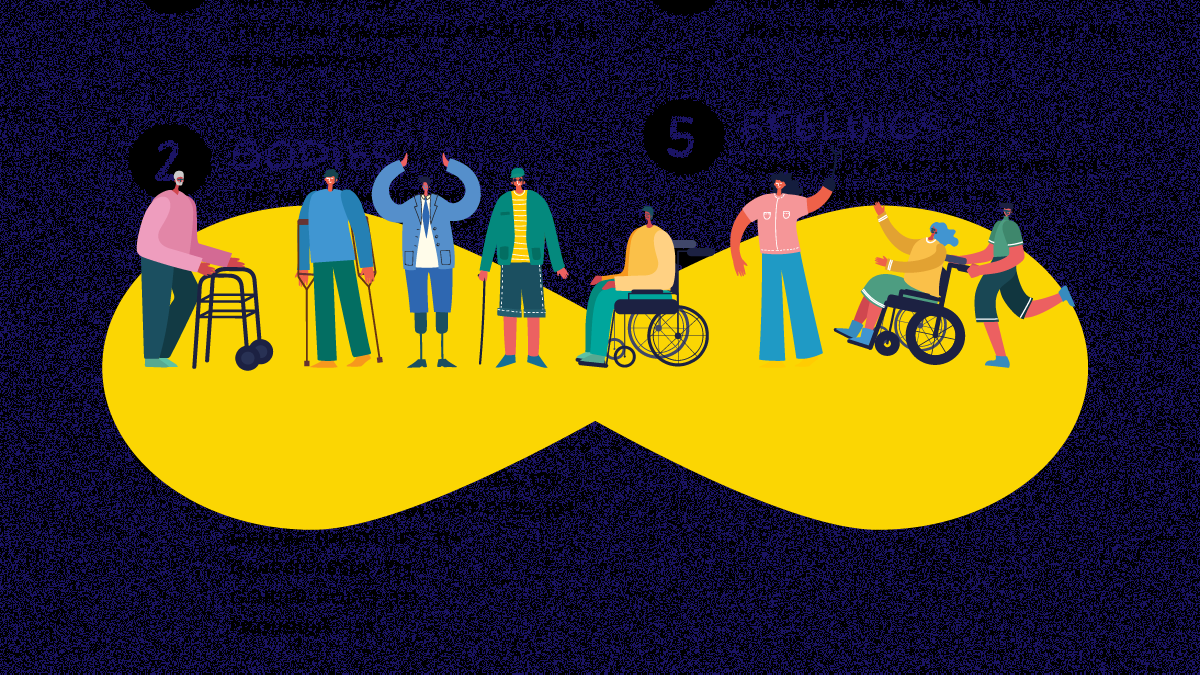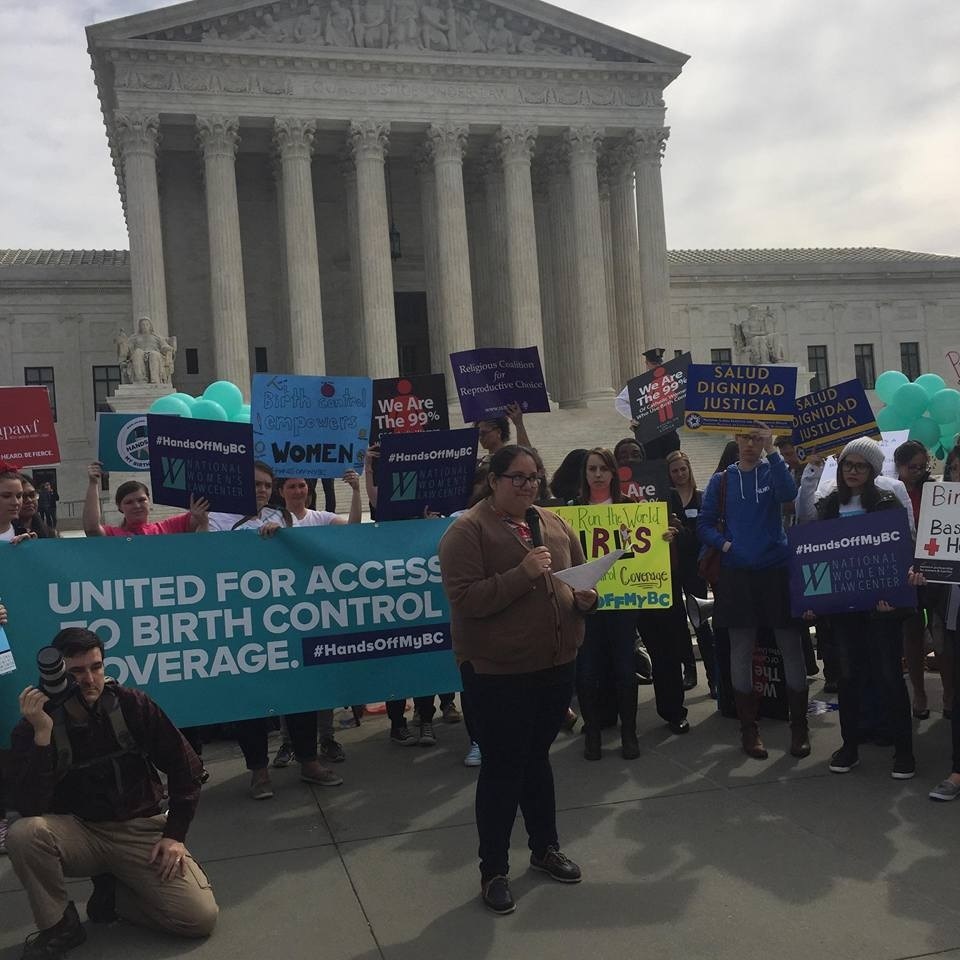After Being Denied the Birth Control She Needed, This Christian Minister Is Speaking Out to #StopKavanaugh
Alicia Wilson Baker traveled from Indiana to Washington, D.C., to testify against Judge Brett Kavanaugh’s nomination to the Supreme Court before the Senate Judiciary Committee. Through tears, she shared her story about losing birth control coverage because of her insurance company’s religious beliefs—and how she fears Judge Kavanaugh’s confirmation would put countless others’ access to affordable birth control at risk. Watch her the testimony before the Senate Judiciary Committee, delivered on 9/7/18.
:
Prepared remarks to the Senate Judiciary Committee:
Good morning Mr. Chairman and members of the Committee.
My name is Alicia Wilson Baker. I am a pro-life Christian and ordained minister from Indiana. I am someone who was denied the birth control coverage I needed because of my insurance company’s religious beliefs.
I am honored to be here today to speak on behalf of everyday women.
If Judge Kavanaugh is confirmed to the Supreme Court, I fear that many women—especially those who can least afford it—will not get access to affordable birth control because of their employers’ religious beliefs.
Birth control allows people to control their lives. And without it, women’s health and their futures will be at risk.
I’d like to tell you about my background. I grew up in a devout Christian family in California. My parents were leaders in our church congregation. My childhood was filled with happy memories of attending church and learning how to put faith into action through mission trips and serving our community.
I decided to go to seminary and become an ordained minister so that I can serve others. I currently work at a neighborhood center in urban Indianapolis, where I collaborate with local agencies and neighbors to improve the quality of life in our community.
In 2015 I met and fell in love with my best friend Josh, who is here with me today. Like me, Josh is a Christian who also believes that faith is a verb: it’s about how we live our lives.
And like me, Josh had decided to wait until marriage to have sex.
Once we got engaged, we knew we would not be ready to have children right away. So we started researching birth control options. Josh and I were on a tight budget as we struggled to pay off our student loans and save for a home. We were relieved that the Affordable Care Act requires health plans to cover birth control—at no additional costs to us.
On my doctor’s advice, I decided to get an IUD.
But what I got was a nightmare—and a $1,200 bill.
It turned out, my insurance company had a religious objection to covering my birth control.
Nothing in our faith disapproves of birth control. We were making prudent and responsible decisions for our family. But our beliefs and our decisions were overridden by the religious beliefs of an insurance company.
In the days leading up to our wedding and for several months after, I was fighting with my insurance company, sending appeal after appeal. In the end, Josh and I scrounged together the money. But we had to use the money we had set aside to pay off our student loans and buy our first home together.
I still feel a pit in my stomach when I remember the stress and anxiety we went through just as we were starting our new life together.
But I know I am fortunate. I was ultimately able to pay that bill.
What happens to those who cannot pay for their birth control? What happens to those who face an impossible choice between getting the health care they need and putting food on the table or paying for child care or staying in school?
If Judge Kavanaugh is confirmed to the Supreme Court, access to affordable birth control will be in jeopardy.
Just three years ago, Judge Kavanaugh heard a case, which was about something similar to what Josh and I experienced. In that case, Judge Kavanaugh would have allowed employers and universities to use religion to deny birth control coverage to individuals.
If Judge Kavanaugh had his way, courts would give free reign to those who claim their religious beliefs override the law.
As a Christian, I am against such broad interpretations of religious freedom. It is not right that employers may be allowed to use religion to avoid following the laws of the land. I fear that some will use this reasoning not to protect religion, but as a way to discriminate. I shudder to imagine what this means for real people, for the communities I work with every day.
At this critical moment when so much is on the line for women and their families, my faith guides me.
Proverbs 31: 8-9 says: “Speak out for those who cannot speak, for the rights of all the destitute. Speak out, judge righteously, defend the rights of the poor and needy.”
As a person of deep faith, I would never impose my religious beliefs on anyone—and no one else should either. My religious beliefs are separate from the law. And that’s how it should be.
But Judge Kavanaugh’s record shows he does not respect this critical separation.
This Committee and the Senate must weigh the harmful impact that Judge Kavanaugh would have on the health and well-being of so many people.
I urge this Committee to block his nomination to the Supreme Court.
Thank you.
The full text of Alicia’s written testimony submitted to the Committee can be found here.




